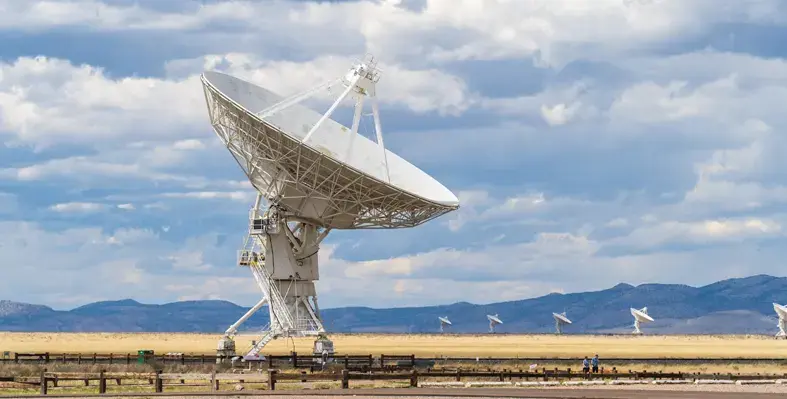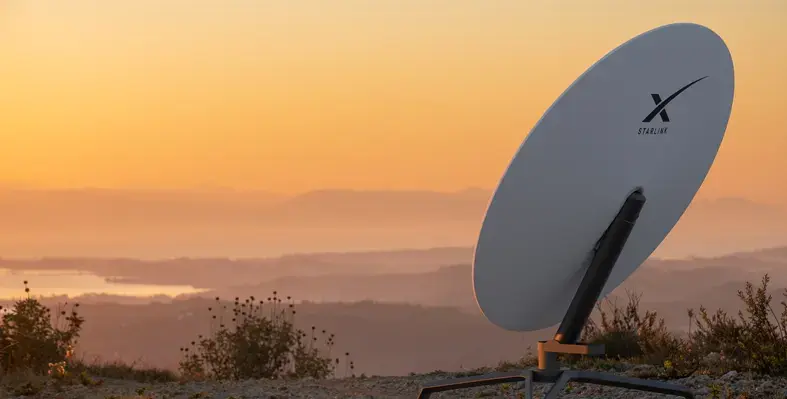
This strategic collaboration focuses on providing broadband Internet access to remote areas, helping to bridge the digital divide in the region. (Image source: Adobe Stock)
Orange Africa and Middle East (OMEA) has joined forces with Eutelsat to enhance digital inclusion across Africa and the Middle East through satellite connectivity
This strategic collaboration focuses on providing broadband Internet access to remote areas, helping to bridge the digital divide in the region.
Under this multi-year agreement, Orange will leverage the advanced capabilities of the EUTELSAT KONNECT satellite to deliver reliable and high-speed Internet services. The initial rollout will cover Jordan, Côte d'Ivoire, Senegal, and the Democratic Republic of Congo, with plans for gradual expansion to additional countries in the region.
Connectivity revolution?
By combining Orange’s extensive telecommunications expertise with Eutelsat’s cutting-edge satellite technology, the partnership will offer secure, high-performance connectivity tailored to both individual consumers (B2C) and businesses (B2B). The integration of satellite, fixed, and mobile technologies will help connect underserved areas and address the increasing demand for Internet services.
The collaboration will enable broadband speeds of up to 100 Mbps, and with Orange’s infrastructure, it will:
- Extend coverage to rural and underserved locations.
- Provide tailored connectivity solutions for individuals and businesses.
- Ensure secure, high-quality Internet access while adhering to national regulatory frameworks.
This initiative aligns with Orange’s long-term commitment to supporting digital transformation in the regions where it operates, utilising the most advanced technologies while fostering local ecosystems and complying with national regulations.
Jérôme Hénique, CEO of Orange Africa and Middle East, emphasised, “This partnership illustrates our commitment to connecting all territories and bridging the digital divide in Africa and the Middle East.
Today, Orange serves more than 160 million customers in the region, and is pursuing its ambition to provide digital access for all. Drawing on our expertise and local roots, we are positioning ourselves as a key player in supporting evolving customer expectations, while guaranteeing sustainable connectivity that respects local legislation.”
Michael Trabbia, CEO of Orange Wholesale, highlighted, “I am delighted with this strategic partnership between the Orange Group and Eutelsat Group, which is part of a long-term relationship. It is part of our strategy to offer our customers the best satellite connectivity solutions in high and low orbit, complementing our terrestrial networks. Orange Wholesale's satellite factory has all the expertise required to implement this strategy for all Orange Group entities. We also offer satellite operators the terrestrial connectivity solutions they need, such as teleports or long-distance fiber.”
Cyril Dujardin, president of the connectivity business unit at Eutelsat, added, “Our satellite technology including GEO capacity, combined with Orange's local footprint, brings connectivity where it's needed most. Together, we're creating a robust solution to accessibility challenges, providing reliable and affordable connectivity for consumers and businesses alike.”

























